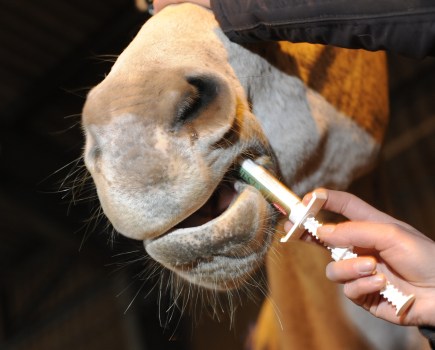Perhaps you’ve heard that a horse on your yard has front legs that ‘aren’t insurable any more’, or are wondering about veteran policies and how worthwhile they really are.
We chat to Sarah Sullivan from Petplan to get some answers.
Uninsurable body parts?
This refers to exclusions on insurance policies. An exclusion is a policy provision that removes cover for a condition, group of conditions or an event that is usually covered under the policy, but isn’t for an individual horse.
This means that if he has a previous injury or illness, you may no longer have cover for that problem.
Some insurance companies may review exclusions following a period of the horse not showing any symptoms or receiving treatment for a specific length of time.
You may need a letter from your vet to confirm this, though, and the exclusion may be removed or, in some cases, reduced to a more specific location, such as a joint rather than a full leg.
Precious oldies
Due to improvements in care and veterinary medicine, horses are now living active lives for longer.
Some insurance providers class horses as veterans from 15 or 16 years of age, even though, as most horse owners know, horses in their late teens are often still in full work and regularly out competing and enjoying themselves.
It’s important, therefore, to double check that your policy provides cover for both illness and injury for your horse as he gets older.
Illness as well as injury?
Some insurance providers do insure horses for illness as well as injury into old age. Petplan Equine, for example, covers horses for both injury and illness up to their 25th birthday, provided that they were insured before their 20th birthday on a horse insurance policy.
However, on the renewal following the horse’s 25th birthday, they will be transferred to a veteran plan policy offering injury-only cover.
It’s important to be aware that veteran horse insurance policies don’t usually cover illness, which means that you may not be covered if your horse requires treatment for conditions such as colic or Cushing’s disease.
Different insurers provide a varied range of cover, though, so it’s important to understand the true value of your policy and not shop around based on price alone.
Don’t miss the latest issue of Your Horse Magazine, jam-packed with training and veterinary advice, horse-care tips and the latest equestrian products available on shop shelves, on sale now.









